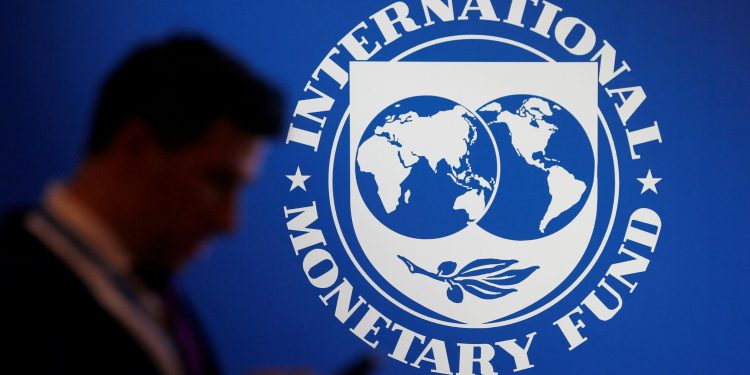Inequality in both advanced economies and emerging markets has been on the rise in recent decades. The COVID-19 pandemic has exacerbated and raised awareness of disparities between the rich and poor.
Fiscal policies and structural reforms are long known to be powerful mitigators of inequality. But what role can the central bank play?
In new IMF staff research, we find a case for central bankers to take inequality specifically into account when conducting monetary policy.
A new view on monetary policy
Even though inequality remains outside central banks’ mandates, major central bankers are increasingly discussing distributional issues.
At the same time, recent advances in economic theory shed new light on the interplay of monetary policy and inequality.
It is now accepted within academia and major central banks that wealth and income inequality affect the effectiveness of monetary policy.
This is because the poor, who tend to be more liquidity constrained than the rich, increase their consumption more as their incomes rise in response to an interest rate cut.
The same rate cut thus stimulates aggregate consumption more in an economy with a larger proportion of the poor. Relatedly, there is evidence supporting that monetary policy itself can affect inequality.
Our research asks whether inequality affects the way monetary policy should be conducted in a stylized economy where business cycles are driven by innovations in technology.
In this setting, a rich person—call her R—owns all the capital. R’s income is thus composed of after-tax dividends and wages. In contrast, a poor person— call her P—receives only wages and a transfer from the government financed by the dividend tax.
In the model, profits and capital income rise in response to positive productivity shocks, thereby exacerbating inequality. Moreover, wages are tech-biased: when productivity rises, R’s share of total wage income goes up, while P’s declines.
These mechanisms are consistent with US micro- and macro-economic data and match the empirical effects of technology shocks on consumption inequality.
We study implications for monetary policy in two settings. In the first, the central bank chooses the best possible path of interest rates with full information and caring equally about all individuals.
This setting is called “optimal policy.” In the second setting, the central bank sets monetary policy according to a so-called Taylor rule, which prescribes a given interest rate based on whether inflation and output deviate from desired levels.
This second setting is useful because it is closer to what central banks do in practice. In our study, the relevant concept of inequality is the difference in consumption between rich and poor.
Implications for monetary policy
In the first setting, we find that a central bank should place some weight on observed consumption inequality.
That means the central bank will use monetary policy, i.e. setting interest rates to stimulate growth and wages, which has the effect of reducing consumption inequality while tolerating inflation moving above its target.
However, we find that this weight is generally small and thus output and inflation are not that different from those that would prevail if the central bank ignored inequality.
Interestingly, a central bank pursuing such “optimal policy” cares progressively less about inflation and more about growth the higher the initial level of inequality.
This is because when initial inequality is high the central bank will try harder to adjust interest rates to stabilize wages and protect the consumption of the poor. Thus, stabilizing wages, and hence inequality, coincides with stabilizing growth.
In the second setting, we find that a central bank should pursue an augmented “Taylor rule” targeting also consumption inequality.
That means following a positive productivity shock, interest rates should be set lower than the level implied by a standard Taylor rule that targets output and inflation alone.
A policy of lower interest rates leads to higher wages which benefits the poor. Beyond lowering inequality, such a policy is also beneficial more generally because it improves inflation and growth outcomes by avoiding excessive tightening of the interest rate in response to a positive productivity shock.
These results suggest that welfare could be improved if central banks take inequality into account when conducting monetary policy, particularly if following typical interest rate rules.
Our results of course are model specific and can be complemented by considering additional features e.g. by including differentiated types of labor and hence differentiated wages, or a richer set of available assets.
The results bolster the case for more theoretical and empirical work on the issue.








